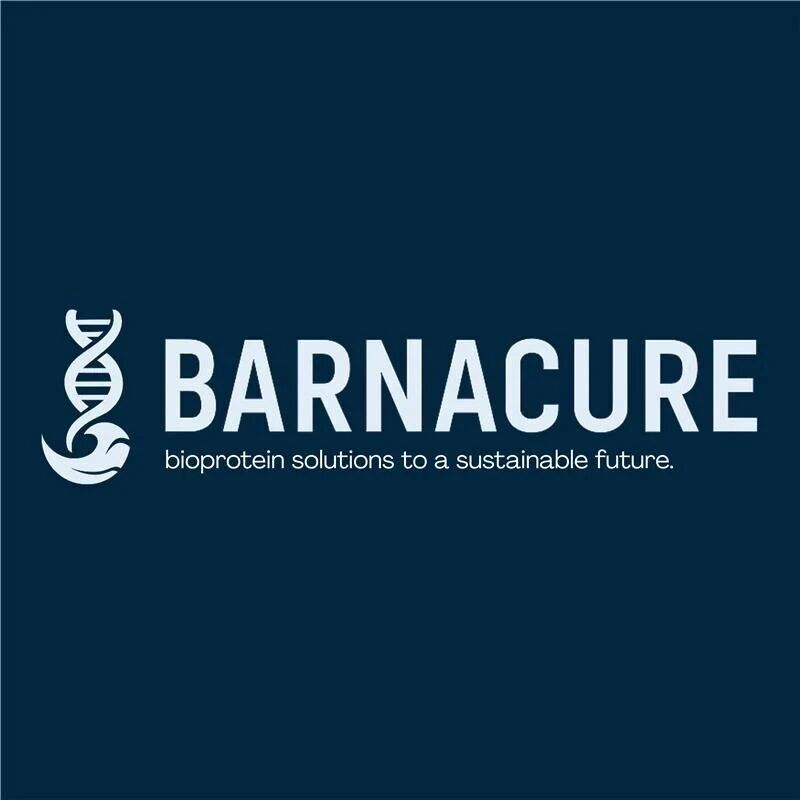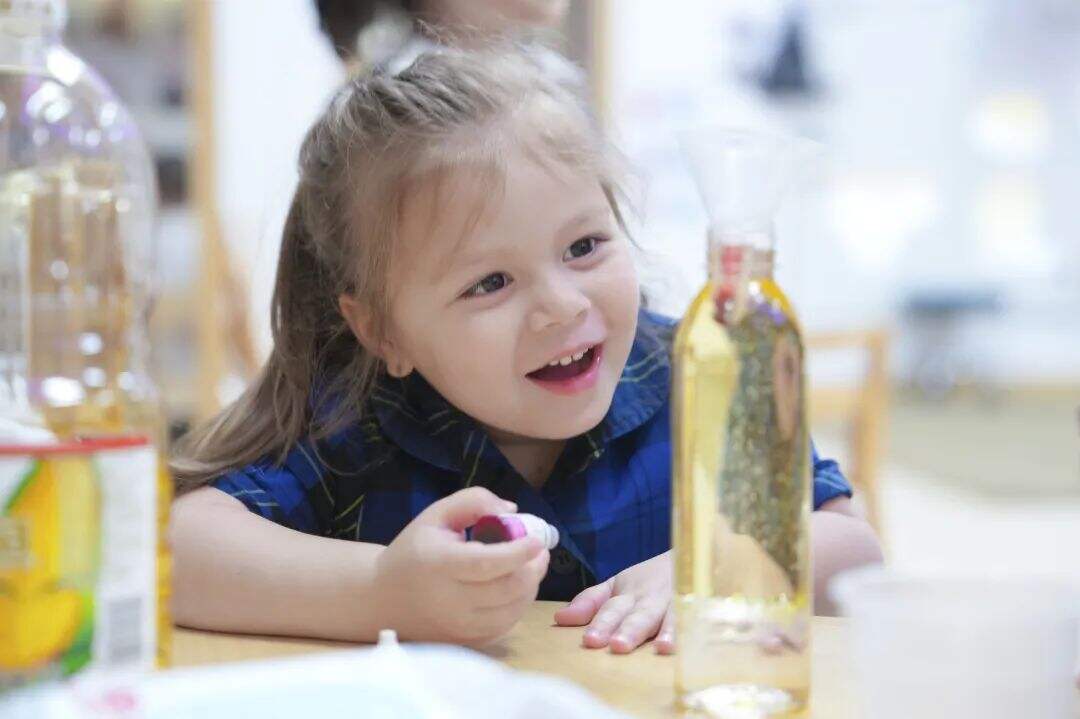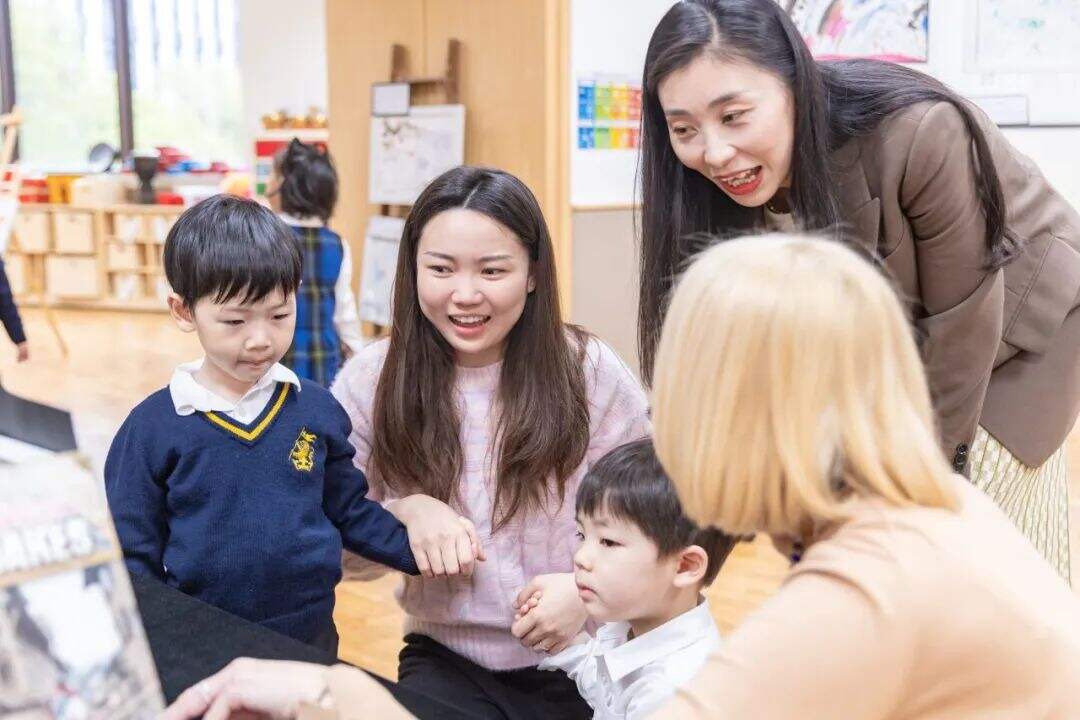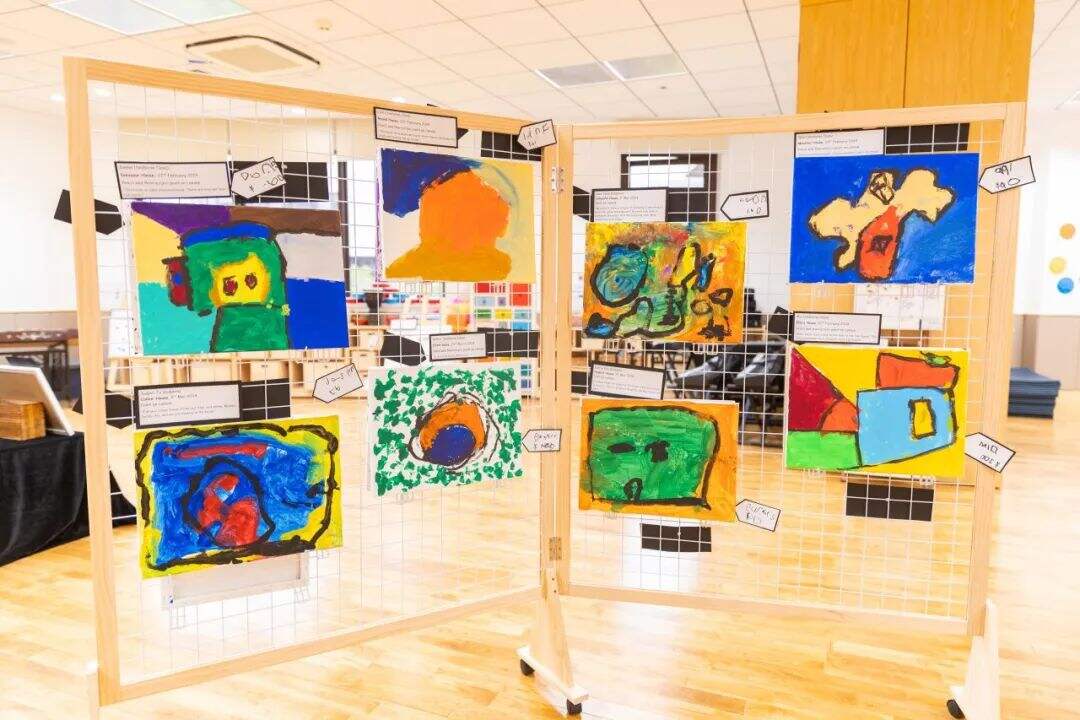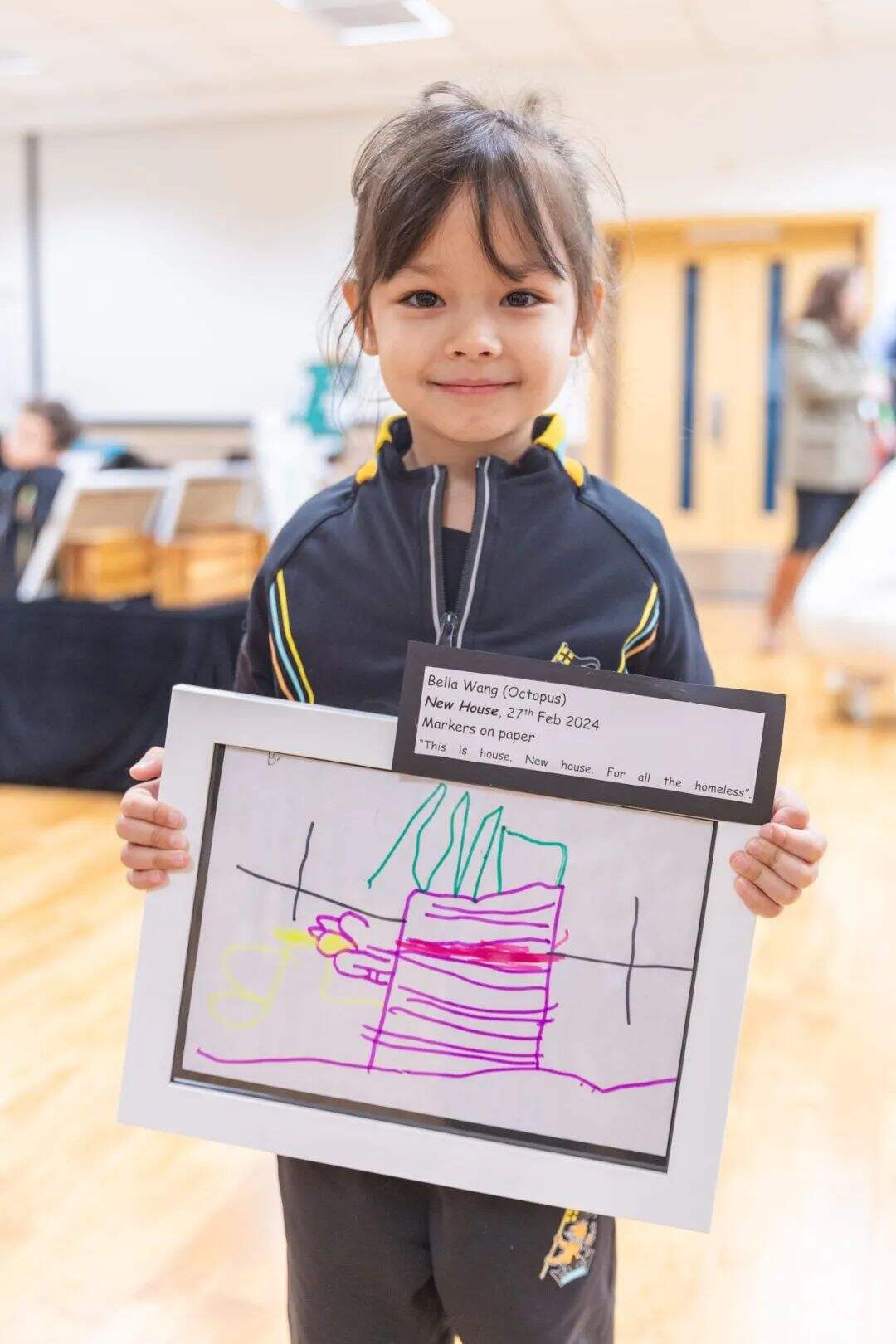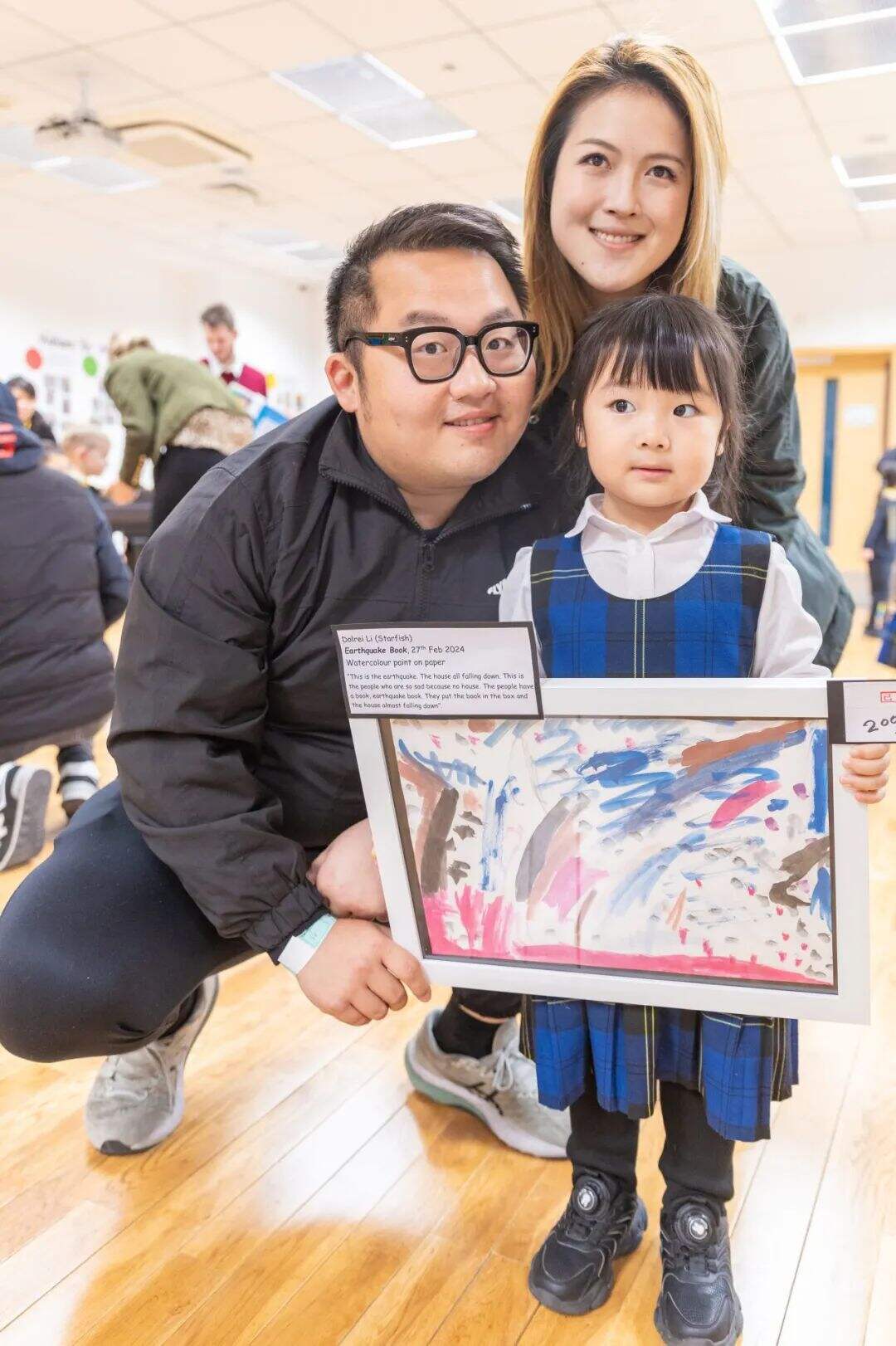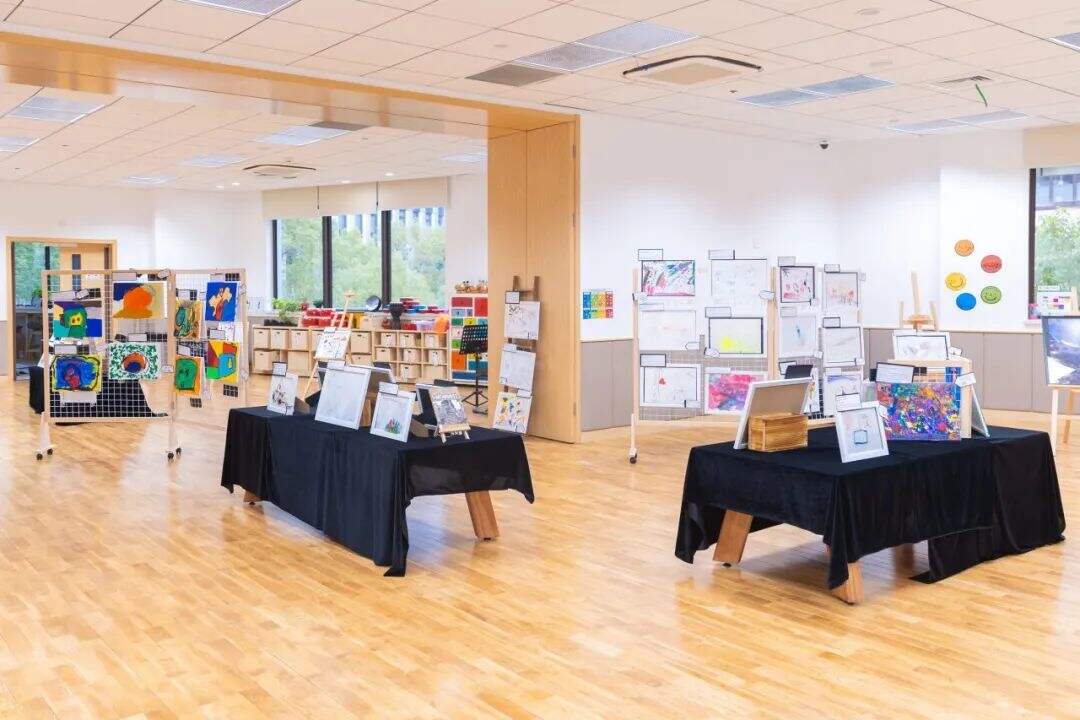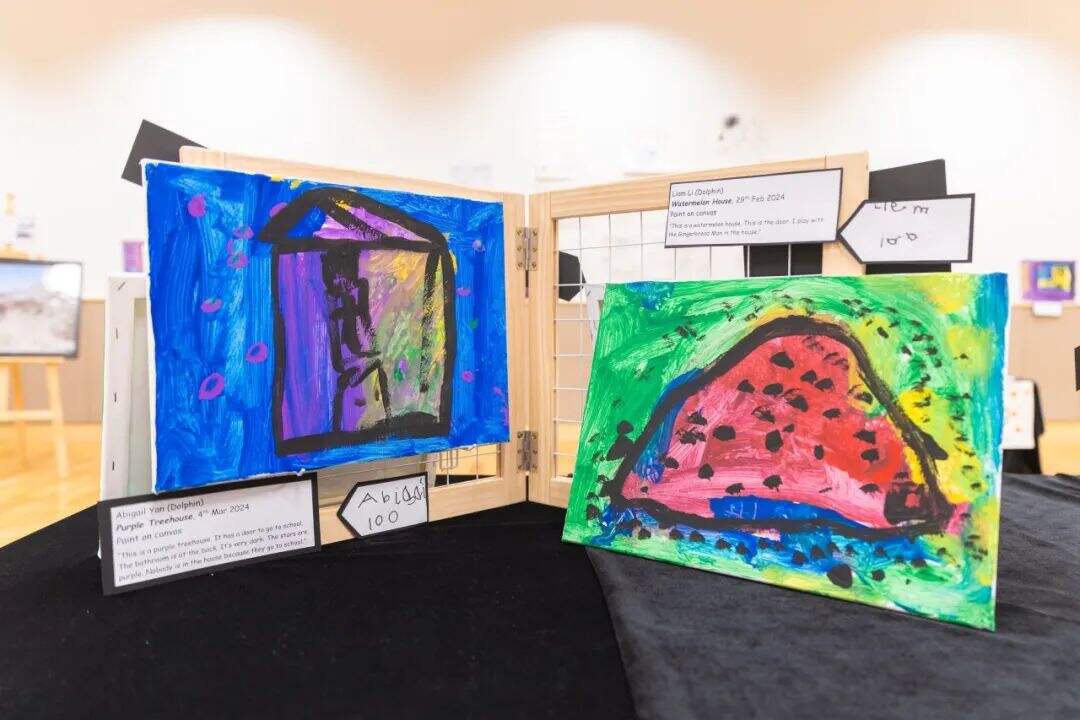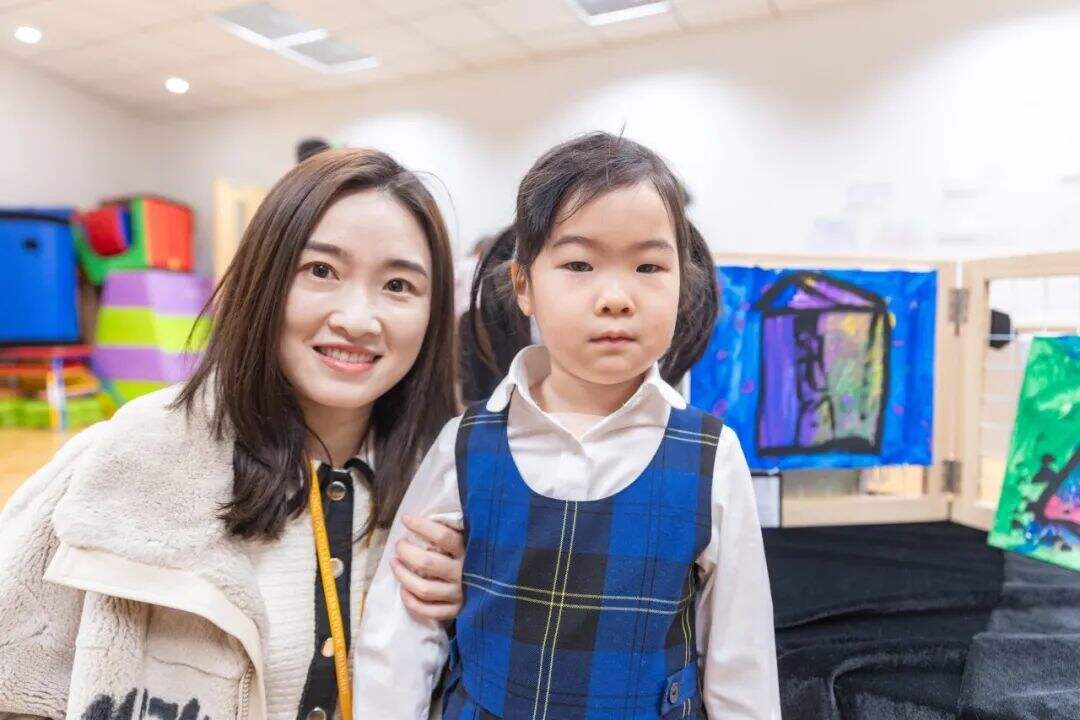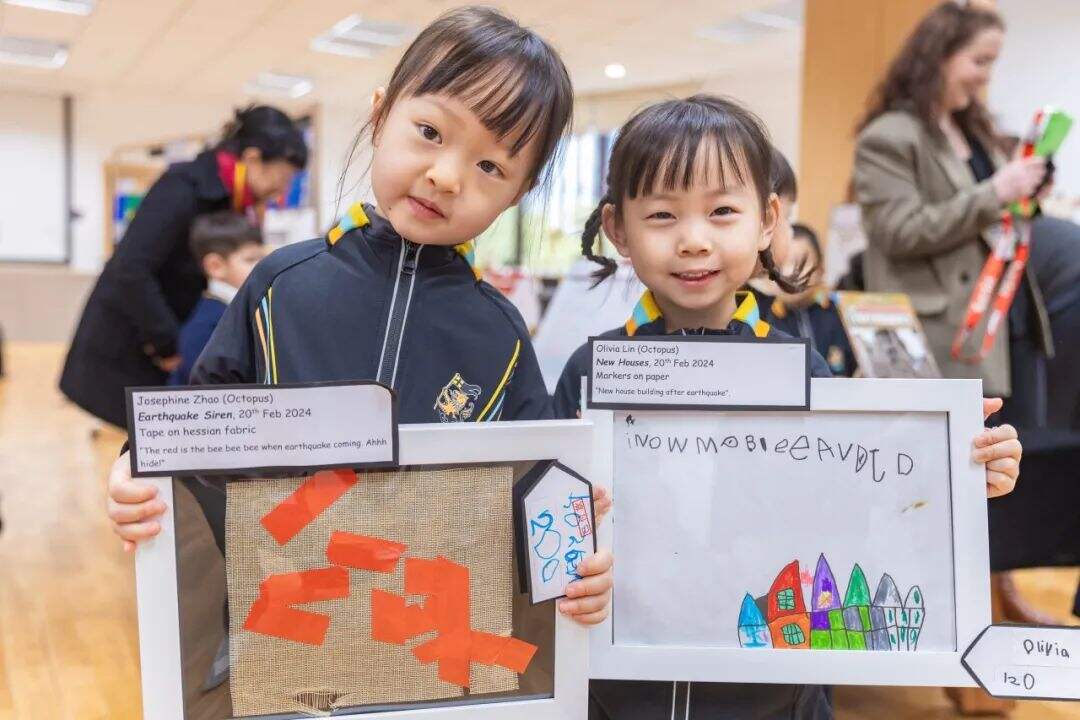How Project-Based Learning works at the Early Years Centre
In the Early Years, fostering a love of learning and a sense of ownership over their education is crucial. At Wellington Shanghai’s Early Years Centre, we believe this is best achieved through Project-Based Learning (PBL).
PBL allows our young pupils to take an active, independent role in their learning process. Children are naturally curious about the world around them, and PBL harnesses this innate inquisitiveness to drive meaningful, engaging learning.
In our Nursery classrooms, a PBL project typically begins with a 'hook' - something familiar to the children but with the potential to spark their interest and curiosity. This could be an interesting object, a captivating story or even a question that gets them thinking. Teachers then provide a range of activities and provocations to further explore and stimulate enthusiasm around the project focus.
From there, teachers work to establish what the children already know about the topic, as well as what they are eager to learn more about. Gaps in their knowledge are identified, and we shape the curriculum to address these areas. Crucially, the children themselves are then encouraged to raise their own questions — areas they would like to investigate through collaborative, hands-on learning.
As the project progresses, common interests and fascinations often emerge between the pupils. This allows the class to coalesce around a main issue or theme that they are collectively passionate about exploring. For example, in a recent 'Homes Around the World' project, the focus became the issue of homelessness caused by natural disasters.
With this central theme established, teachers provide more targeted provocations and activities. Pupils can then practice vital critical thinking skills as they plan, experiment and reflect in their search for answers, conclusions and solutions.
Throughout this process, the role of the teacher shifts from leader to facilitator. They guide and support the children, but ultimately, it is the pupils who have ownership of their learning journey. Pupils decide what they want to investigate, how they want to investigate it and how they want to present their findings.
This pupil-driven approach is a key tenet of PBL, and it is hugely beneficial for our young learners. By allowing them to play an active role in the learning process, we are nurturing their independence, creativity and problem-solving abilities from an early age.
At the end of a PBL project, the children celebrate their work with a unique public product. It could be a poster, a video, a performance or any other display that is authentic and relevant to their learning.
In our 'Homes Around the World' project, for instance, the Nursery pupils discovered that charity could be a potential solution to the issue of homelessness. With support from their teachers, they organised an art exhibition and sold their paintings and drawings to raise money for a local homeless charity.
This real-world application of their learning not only instilled a profound sense of achievement in our youngest learners but also demonstrated the tangible impact of their work. It is this blend of pupil agency, practical skills and authentic outcomes that makes PBL so effective in the Early Years.
By empowering our pupils to take the lead in their learning, we are equipping them with the tools they need to become independent, curious and engaged learners. PBL fosters essential skills like critical thinking, collaboration and problem-solving, all while nurturing the natural curiosity that drives young minds. All of this lays strong foundations for a lifetime of successful learning.
Related Articles
